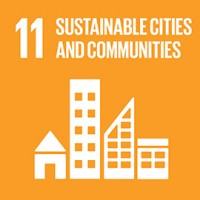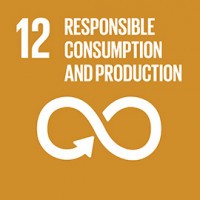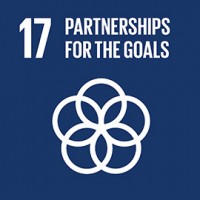
Research: Circular economy network
Applying research insights and policy expertise to help industries, communities and public bodies prepare for and join the circular economy.
About
Research summary
We bring together a diverse network of specialist, technical researchers and advisors to support businesses, policymakers, communities and individuals making the switch to a circular economy.
Moving towards a circular economy - sustainably producing and consuming resources, while cutting waste and pollution and improving recycling and reuse - is an international priority.
It involves making fundamental changes to business models, policy and regulatory frameworks, and consumer behaviour around the world.
Switching to a circular economy is essential for national and global carbon reduction targets to be met - the drive to reach Net Zero emissions.
Reused, recycled and renewable products, components and materials tend to consume much less energy than new products made from virgin resources, and they help keep petrochemicals in the ground.
Through our multidisciplinary research, funded projects and wide range of industry collaborations, we’re helping drive towards a more sustainable, equitable future.
As well as science and technology experts, we also have specialists in:
-
policy development
-
sustainable business models
-
product and process innovation
-
material science
-
design
-
consumer behaviour insight
This range of expertise gives us the social, behavioural, cultural, ethical, environmental, economic, legal and regulatory know-how to support organisations and industries as they move on from linear economic models.
Statistic
Impact
Research impact
ShaRepair is helping consumers to fix and maintain broken or aging technology - reducing the consumption of precious natural resources and the amount of unnecessary electronic waste.
Funded by Interreg NW Europe, the project is advancing the right to repair movement, which aims to give consumers a greater say over extending the life of their products.
We’ve used our expertise in digital design and manufacturing to scale up citizen repair initiatives, taking advantage of facilities at our dedicated 3D printing hub, PrintCity.
By modelling replacement parts, building a library of designs, and creating an easy-to-use guide, the project is making repairs a more accessible and affordable option for local residents.
ShaRepair focuses on extending the functional life of waste electrical and electronic equipment (WEEE), cutting the need for virgin resources that take vast amounts of energy to mine.
Through educational workshops and sharing information and tools, the project is helping to reduce WEEE by 13.5 tonnes a year in repair cafes, and by 175 tonnes a year in the pilot cities.
Adopting this approach more widely could make a significant contribution to global Net Zero carbon reduction targets in the long term.
Delivering sustainable development

Sustainable Cities and Communities
Making cities inclusive, safe, resilient and sustainable

Responsible consumption and product
Ensuring sustainable consumption and production patterns

Partnership for the goals
Strengthen the means of implementation and revitalize the global partnership for sustainable development.
Research outputs
Academic papers
- Samenjo, K, van Oudheusden, A, Bolaños, J, Flipsen, B and Faludi, J (2021) Opportunities For 3D-printable Spare Parts: Estimations From Historical Data. Presented at the fourth Product Lifetimes and the Environment virtual conference
Team
Funding
With funding from

Interreg North West Europe
Contact
Contact us
For general enquiries about our research into the circular economy, you can contact its leads Prof Craig Banks and Prof Paul Hooper.

